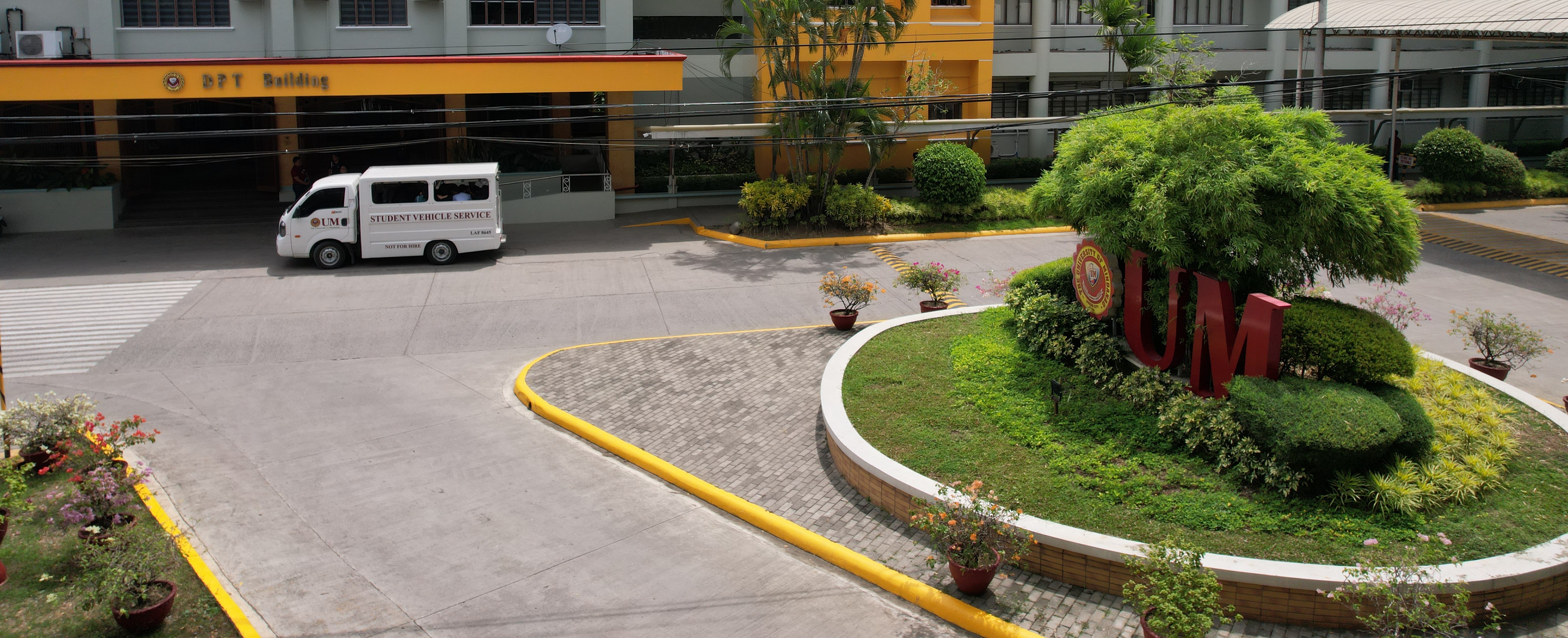
Bachelor of
Secondary Education - Mathematics
About the Program
The Bachelor of Secondary Education major in Mathematics is an undergraduate teacher education program aimed to produce highly competent Mathematics educators equipped with content mastery, pedagogical techniques, research aptitudes, and teaching capabilities to facilitate successful learning of skills to solve complex world problems. BSEd - Mathematics students are expected to formulate teaching-learning activities, instructional materials, and intervention programs to develop positive disposition and critical thinking skills among learners. Graduates of the program are perceived to be committed to ethical standards and lifelong learning precepts and to possess agility and flexibility toward educational reforms.
Program Educational Objectives
Three to five years after graduation, the graduates are expected to:
- Demonstrate updated and deep knowledge of the subject matter they teach.
- Apply a wide range of teaching process skills particularly on lesson planning, materials development, teaching approaches, ICT integration, and ethical considerations.
- Demonstrate effective communication skills and ethical responsibility in teaching profession.
- Engage in continuing professional education and trainings.
Student Outcomes
By the time of graduation, the students of the program shall have the ability to:
- Articulate the relation of education to larger historical, socio-cultural, philosophical, psychological and political processes.
- Demonstrate mastery of subject matter/discipline.
- Facilitate learning using a wide range of teaching methodologies and delivery modes appropriate to specific learners and their environment.
- Develop innovative curricula, instructional plans, teaching approaches, and resources for diverse learners.
- Apply skills in the development and utilization of ICT to promote quality, relevant, and sustainable educational practices.
- Demonstrate a variety of thinking skills in planning, monitoring, assessing, and reporting learning processes and outcomes.
- Practice professional and ethical teaching standards sensitive to the local, national, and global realities.
- Pursue lifelong learning for personal and professional growth through varied experiential and field-based opportunities.
- Exhibit competence in mathematical concepts and procedures.
- Exhibit proficiency in relating mathematics to other curricular areas.
- Manifest meaningful and comprehensive pedagogical content knowledge of mathematics.
- Demonstrate competence in designing, constructing and utilizing different forms of assessment in mathematics.
- Demonstrate proficiency in problem-solving by solving and creating routine and non-routine problems with different levels of complexity.
- Use effectively appropriate approaches, methods, and techniques in teaching mathematics including technological tools.
- Appreciate mathematics as an opportunity for creative work, moments of enlightenment, discovers and gaining insights of the world.

 Explore in Academia
Explore in Academia